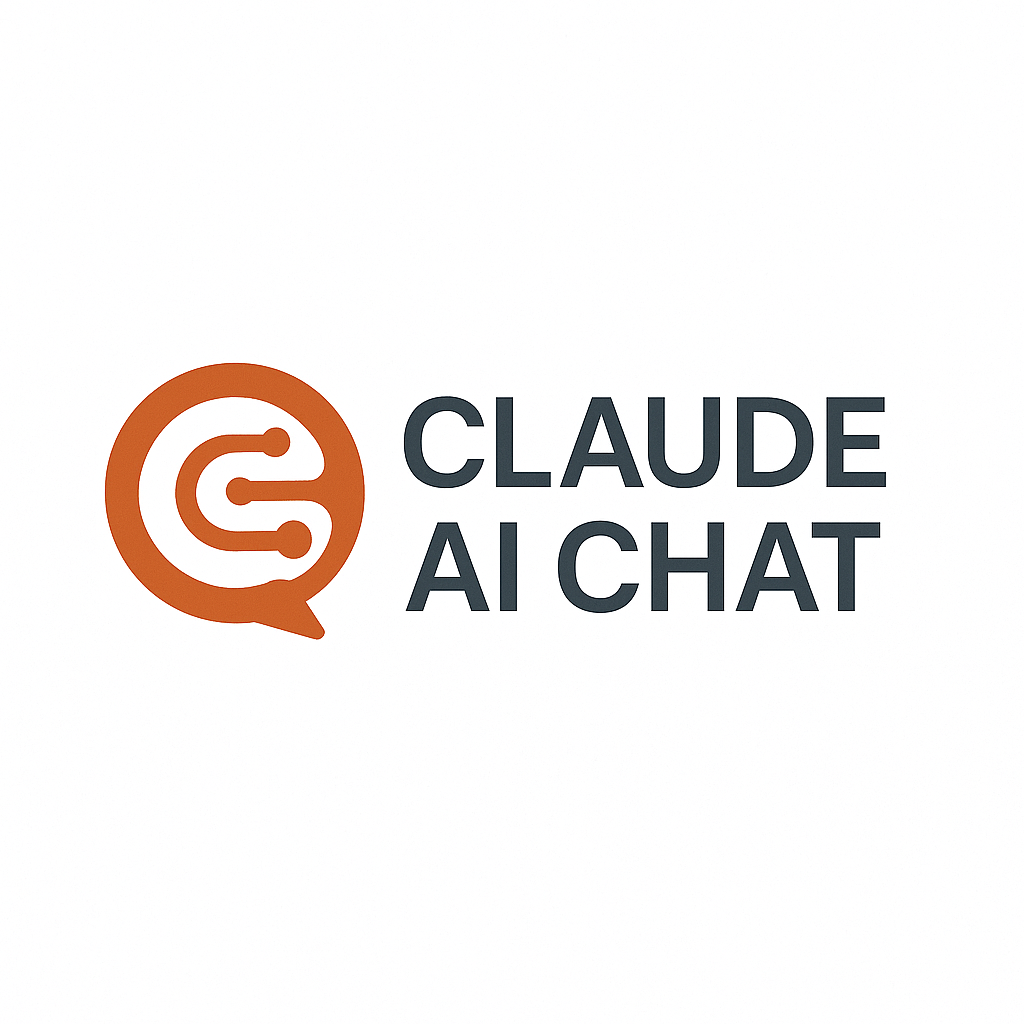Zoom is bringing an AI assistant to its virtual meeting rooms and customer service centers – courtesy of a new partnership with Anthropic, the San Francisco AI startup founded by former OpenAI researchers.
Zoom announced that its venture arm is taking an undisclosed stake in Anthropic and that it will integrate Anthropic’s Claude chatbot across Zoom’s suite of products. The move illustrates how Zoom plans to infuse AI to enhance user productivity, while also aligning with Anthropic’s emphasis on “safe and responsible” AI.
Under the deal, Zoom will embed Claude as an AI companion in features ranging from Zoom Team Chat and Meetings to the Zoom Contact Center.
The first application is in Zoom’s customer support solutions: Claude will assist call center agents by quickly summarizing customer inquiries and suggesting helpful responses, or even guide customers through troubleshooting steps in Zoom’s chat interfaces.
By having Claude handle routine queries and provide on-the-fly information, Zoom aims to boost the efficiency and performance of customer service teams. For live meetings, one could imagine Claude generating real-time transcripts, meeting summaries, or even drafting follow-up emails.
Zoom’s Chief Product Officer, Smita Hashim, said Anthropic’s AI was “primed to provide safe and responsible integrations”.
This reflects Anthropic’s core approach: Claude was built using a system called “Constitutional AI,” where the AI is trained to follow a set of ethical principles to minimize harmful or toxic outputs. Unlike some AI models that have required extensive human moderation, Claude is designed to largely police itself by adhering to its built-in “constitution.”
For Zoom, which serves enterprise and education customers around the world, having an AI that won’t go off the rails with inappropriate or insecure answers is a major attraction. Zoom’s clients include hospitals, banks, and schools – settings where an AI must be trustworthy and compliant with regulations.
“The Zoom team shares our vision of building customer-centric AI products with a foundation of trust and security, robust enough for real-world use,” Anthropic’s team wrote in a blog post about the partnership. This partnership is part of Zoom’s broader “federated AI” strategy, where Zoom plans to utilize multiple AI models to serve different needs.
Rather than relying on a single AI provider, Zoom is effectively hedging: it can use OpenAI’s models for some tasks and Claude for others, and even combine outputs to ensure the best results for users.
Zoom has been incorporating AI in features like background noise suppression and speech transcripts; now with generative AI like Claude, it can offer advanced features such as drafting chat replies, composing emails based on meeting content, or creating summaries of lengthy discussions.
The investment aspect of the deal also signals Zoom’s interest in shaping AI development. By taking a stake in Anthropic, Zoom gains influence and early insight into Anthropic’s roadmap.
It’s noteworthy that around the same time, Anthropic’s leadership (along with OpenAI, Google, and Microsoft) was invited to the White House to discuss AI safety and policy.
Zoom’s presence in that conversation was indirect, but through Anthropic, it aligns itself with the companies pledging to develop AI with guardrails. (Amazon and Meta, interestingly, were not part of that initial White House meeting, highlighting how alliances in the AI industry are forming.)
For end users of Zoom, this partnership could soon manifest in new features: Imagine attending a Zoom call and having a “Claude summary” available at the end, or being able to ask Claude (via chat) a question during a meeting to get quick research or language translation.
In Zoom Team Chat, users might invoke Claude to draft a message or generate ideas during a brainstorming session. These kinds of integrations will put Zoom on a more equal footing with competitors like Microsoft Teams, which has begun leveraging OpenAI’s GPT-4 for similar AI-powered assistance.
The collaboration also underscores a trend in the tech industry: productivity and communication platforms racing to add intelligent assistants. Slack (owned by Salesforce) and Teams are doing it, Google’s Workspace is adding AI helpers, and now Zoom joins the fray with Claude.
By partnering with Anthropic, Zoom is tapping an AI known for a high-quality dialog and strong safety profile. For Anthropic, Zoom’s vast user base – hundreds of millions of meeting participants – provides a major opportunity to test Claude at scale and gather feedback to improve it.
In the coming months, Zoom users can expect AI to quietly start popping up in their workflows. The company has said the first Claude-powered features will focus on enhancing customer support interactions (for example, Zoom’s Contact Center product using Claude to assist agents during calls). Over time, more creative and collaborative uses are likely.
This partnership shows how even companies not traditionally associated with AI research are now in a race to integrate the best AI – and how Anthropic’s Claude, as a ChatGPT alternative, is gaining footholds through strategic deals in the enterprise tech ecosystem.

